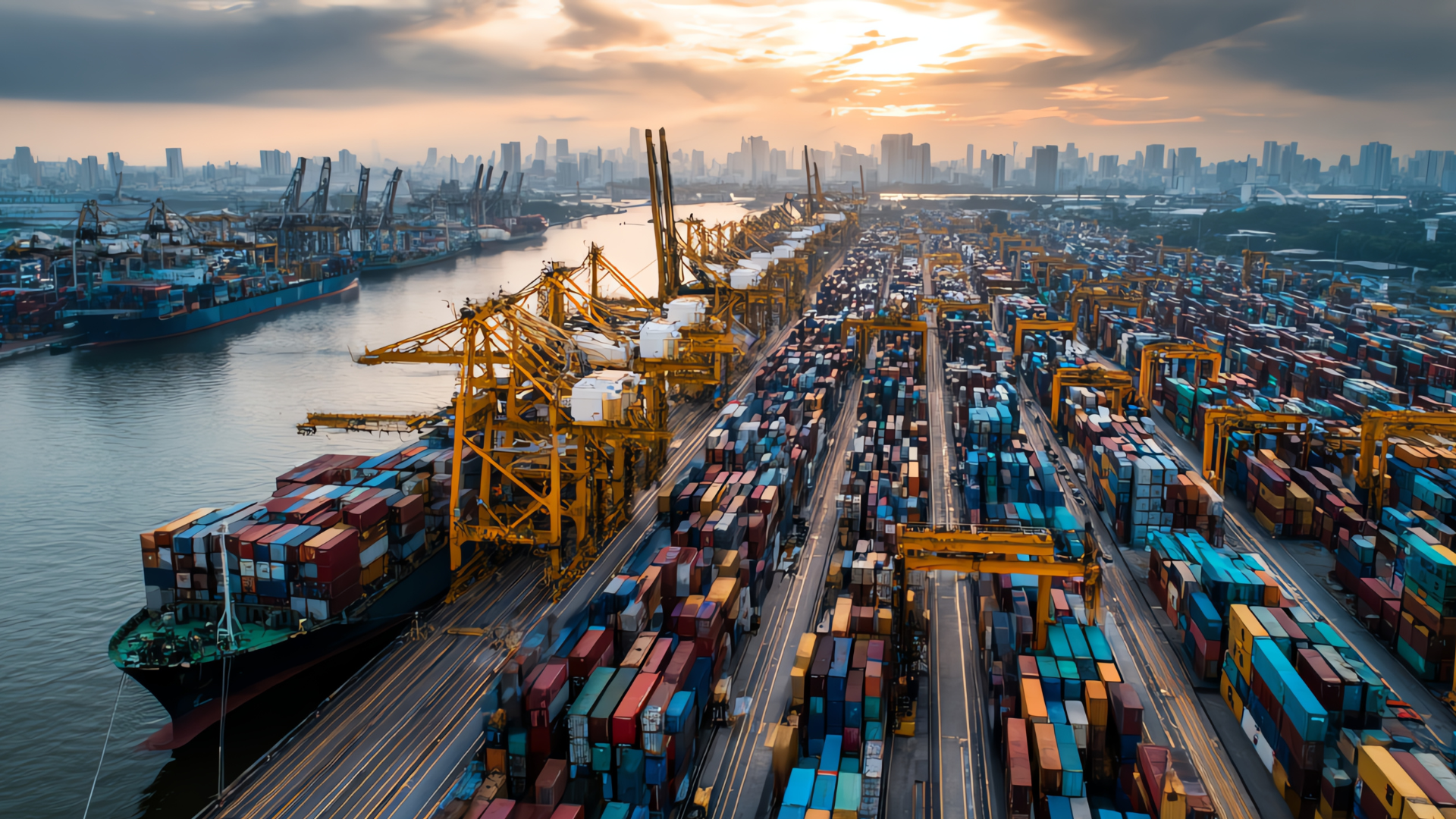In today's interconnected and rapidly evolving global economy, sustainability and ESG (Environmental, Social, and Governance) compliance are no longer just "nice to have", they are becoming fundamental pillars of supply chain management and procurement strategy. For mid-level and senior professionals, understanding and embedding these principles is critical to maintaining competitive advantage, ensuring regulatory compliance, and safeguarding corporate reputation.
From cost-driven to value-driven supply chains
Traditionally, procurement teams have been tasked with cost reduction, efficiency, and supplier performance. However, as stakeholder expectations evolve, procurement is increasingly seen as a strategic function that can drive corporate sustainability goals.
- Investors are scrutinising ESG disclosures.
- Consumers are demanding transparency in sourcing and production.
- Regulators are introducing stricter reporting and accountability measures.
- Boards and CEOs are making ESG central to corporate strategy.
The result: procurement and supply chain leaders are now expected to balance cost, risk, resilience, and sustainability - all while navigating complex global markets.
Why ESG compliance matters in procurement
- Regulatory pressure is mounting
New and upcoming regulations are forcing companies to assess and disclose their ESG risks more rigorously. Key developments include:
- EU Corporate Sustainability Reporting Directive (CSRD)
- SEC Climate Disclosure Rules (US)
- Modern Slavery Acts (UK, Australia, Canada, others)
- Carbon Border Adjustment Mechanisms (EU)
These regulations increasingly require companies to measure not only their own emissions and labour practices but also those of their suppliers, particularly in Scope 3 emissions.
- Supply Chain Risks Are ESG Risks
Environmental disasters, human rights violations, and unethical labour practices can cause:
- Severe reputational damage
- Financial penalties
- Disruptions to critical supply lines
A proactive ESG strategy helps identify and mitigate these risks before they escalate.
- Competitive Advantage and Market Access
Many multinational companies now require their suppliers to meet strict ESG standards. Being ahead of the curve can:
- Open doors to new business opportunities
- Strengthen supplier relationships
- Increase resilience against geopolitical and climate-related disruptions
What actions can you take?
Integrate ESG into Supplier Selection and Evaluation
- Use ESG performance as a key supplier evaluation criterion.
- Conduct regular audits and third-party assessments.
- Engage suppliers in capacity-building programs to improve their ESG performance.
Leverage Technology for Transparency
- Implement digital platforms that offer end-to-end supply chain visibility.
- Utilise blockchain for traceability of raw materials.
- Use AI and data analytics to monitor supplier ESG compliance in real-time.
Drive Internal Collaboration
- Partner with legal, compliance, finance, and sustainability teams to align on ESG goals.
- Ensure clear communication of ESG expectations to all stakeholders, both internal and external.
Prepare for ESG Reporting and Disclosure
- Develop robust data collection processes.
- Track supplier emissions and ethical practices.
- Build transparent reporting mechanisms that meet regulatory and stakeholder requirements.
For mid-level and senior procurement professionals, this shift means evolving from transactional roles into strategic advisors and risk managers who actively shape company policy and performance.
- The future of supply chain leadership will reward those who:
- Stay informed on global ESG trends
- Build cross-functional ESG expertise
- Lead supplier engagement on sustainability
- Invest in technology to drive transparency and accountability
Conclusion
Sustainability and ESG compliance are no longer future concerns, they are today's reality. As mid-level and senior supply chain professionals, you are uniquely positioned to lead your organisations through this transformation. By embedding ESG principles into procurement and supply chain strategy, you not only future-proof your operations but also help build more ethical, resilient, and successful businesses.


